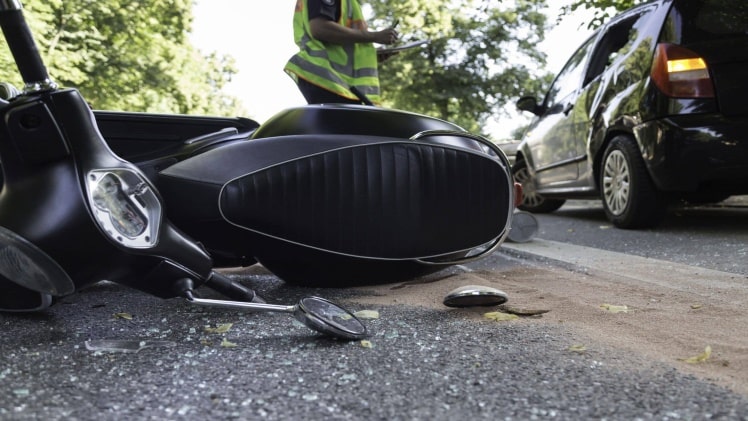Head-on crashes are among the most horrific and lethal forms of collisions in Philadelphia. These collisions are significantly more harmful and fatal for motorcycle riders. A head-on accident occurs when the front ends of two cars clash. Head-on collisions can result in catastrophic injuries, fatalities, and extensive property damage. When this type of accident occurs, the motorcyclist is at a higher risk of death.
Motorcyclists do not have the same level of protection from the physical forces generated in collisions as occupants of motor vehicles. If you or a loved one has been involved in a motorcycle here, read more here about what steps you can take and how an attorney can help you.
Dangers of head-on collisions for motorcyclists
Head-on collisions are one of the most dangerous forms of motorcycle accidents. The force involved in a head-on collision is significantly greater than in other accidents. Motorcycles lack the same protection and safety features as other motor vehicles. Passenger vehicles are around four times heavier than motorcycles. This weight imbalance can result in more force being released in a collision on the bike.
Motorcycle riders can also be flung from their bikes or crushed by a vehicle in a head-on collision because there is nothing to retain the rider on the bike. According to the National Highway Traffic Safety Administration, 76% of motorcycle-passenger vehicle incidents are head-on collisions.
Causes of head-on motorcycle collisions
A head-on collision occurs when a driver drives in the wrong direction on a one-way street or swerves into oncoming traffic in an adjacent lane. The majority of these accidents are the result of negligence. The following are some of the causes of head-on motorbike collisions:
- Distracted driving
- Inclement weather conditions
- Inattentive driving
- Road debris
- Impaired driving
- Passing in a no-passing zone
- Drowsy driving
- Speeding or racing
Types of injuries motorcyclists face in head-on collisions
For many reasons, head-on motorcycle collisions are significantly more likely to result in serious injuries or fatalities. When a biker does not wear a motorcycle helmet, the risk of severe injury or death increases; when a reckless motorist drives the opposite way on a crowded highway, the physical force of the crash may be more significant. Impaired drivers also have shorter reaction times and may not engage in crash-avoidance actions such as returning to their lanes, slowing down, or slamming on the brakes.
If you or a loved one has been involved in a head-on motorcycle collision, you need professional help. Talk to an experienced attorney today.

